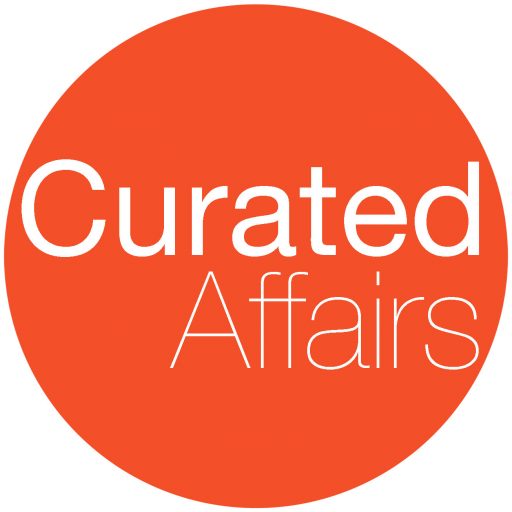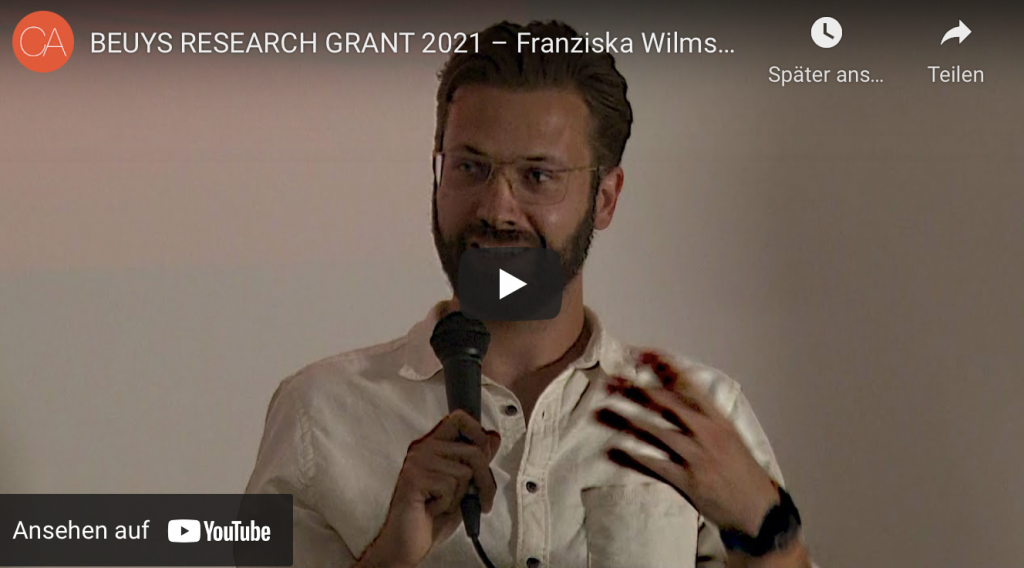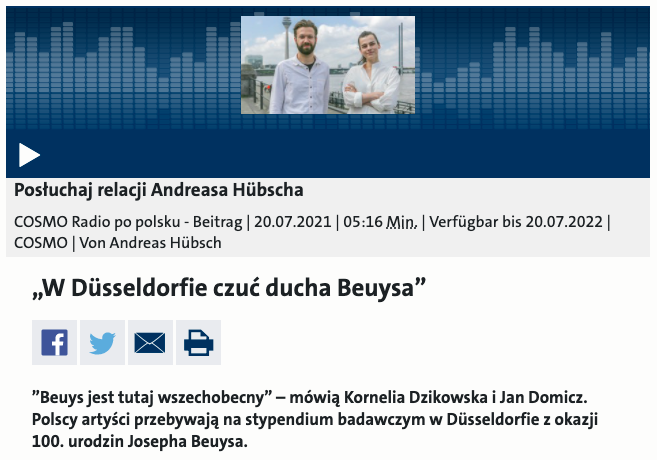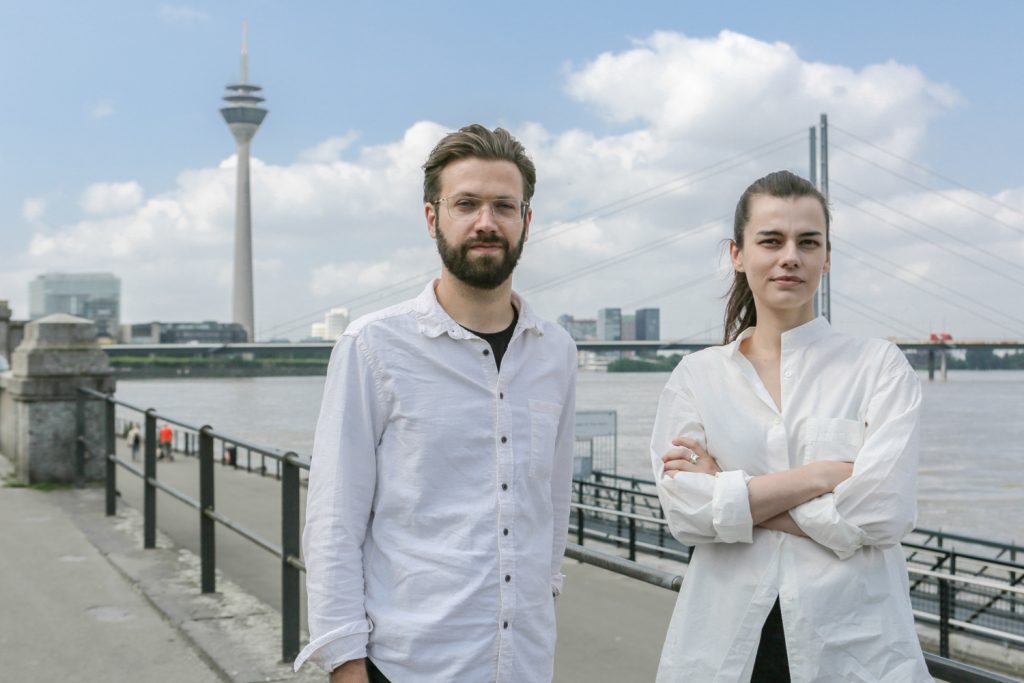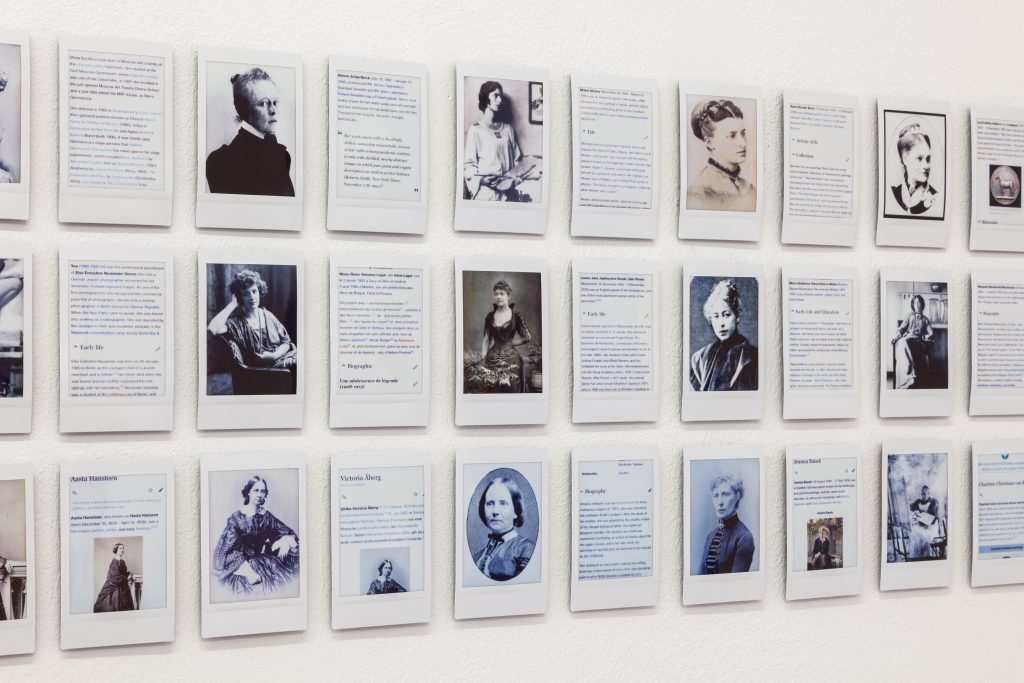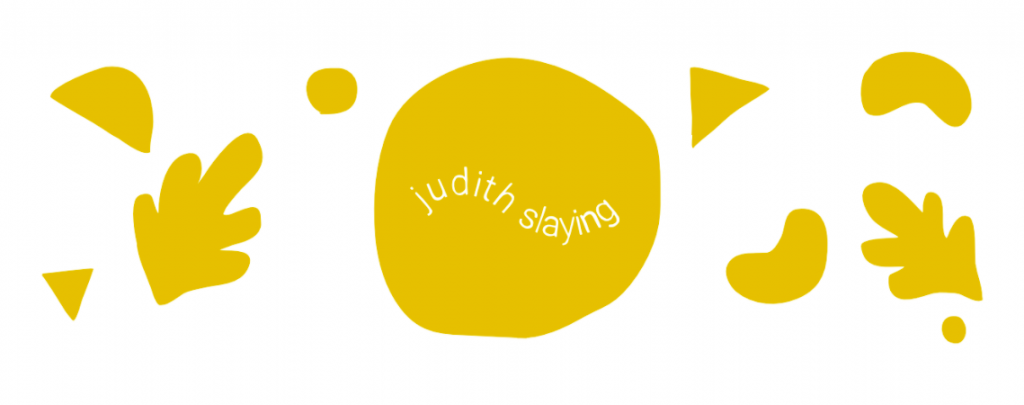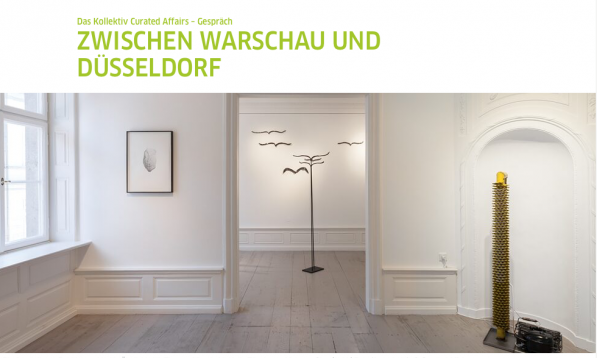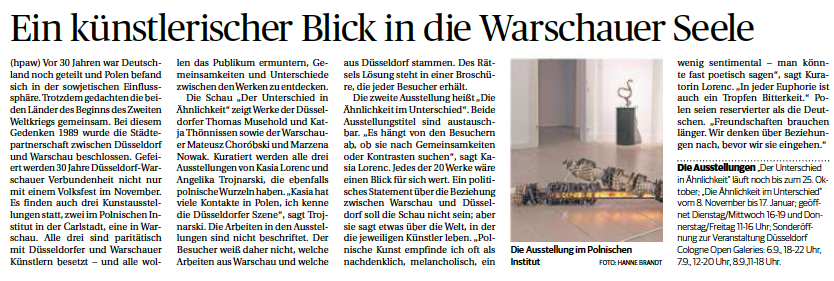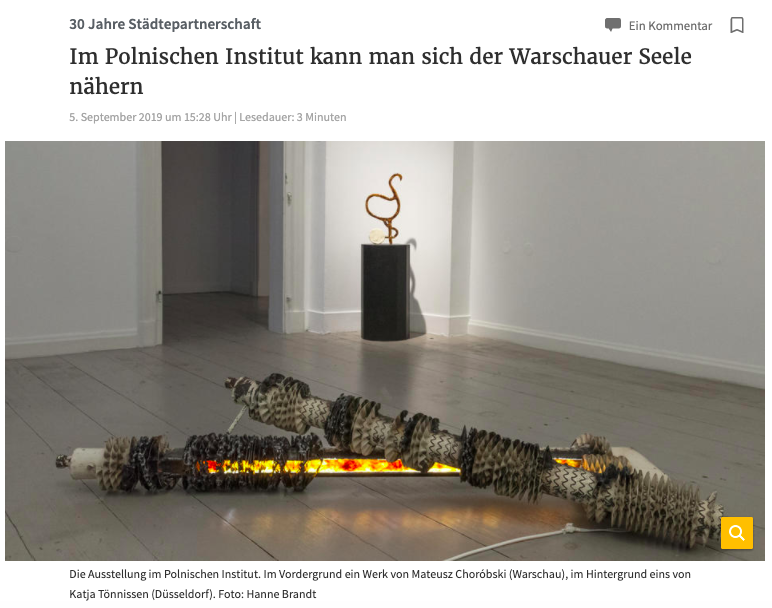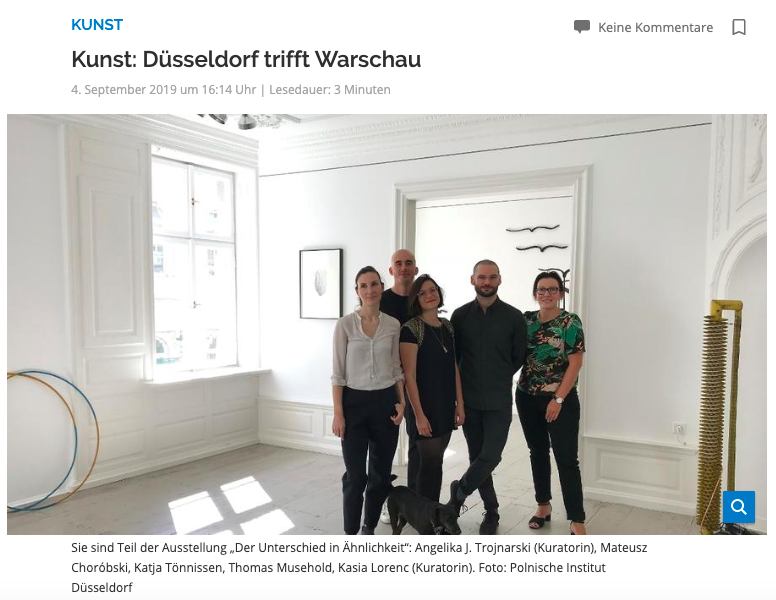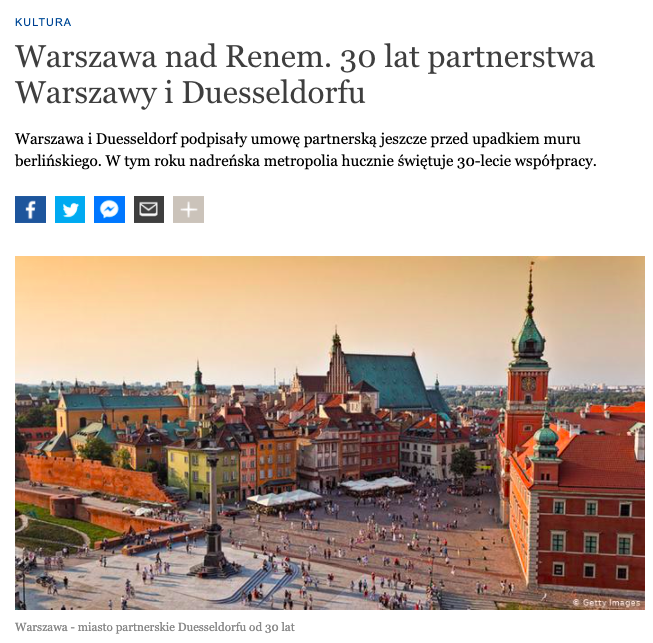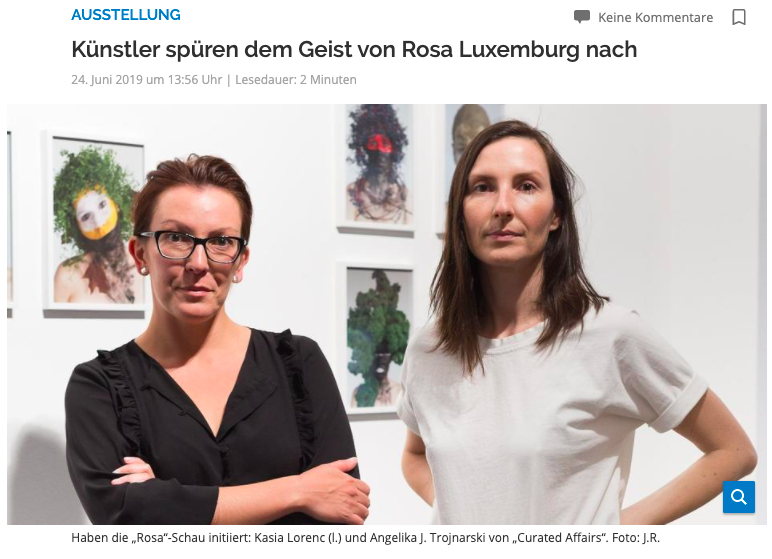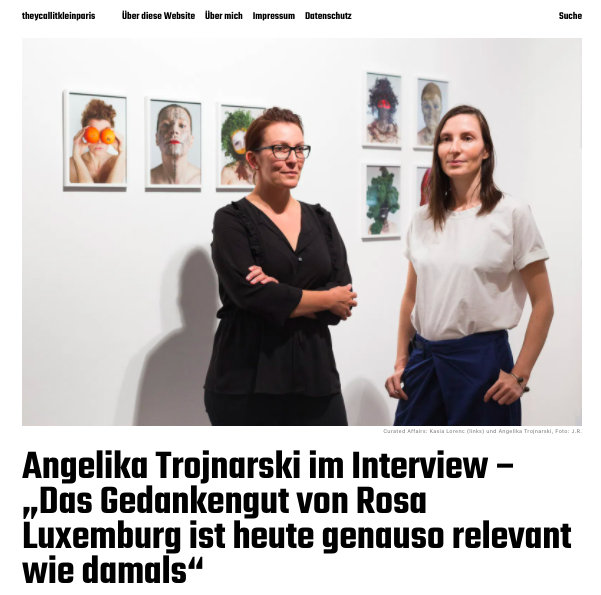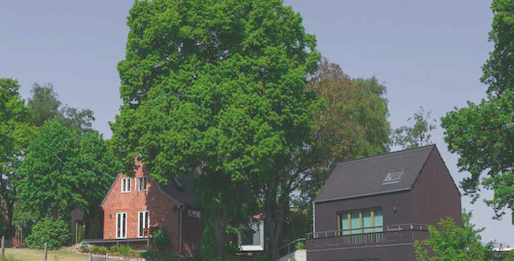
TaM – German-Polish female curators exchange at the Baltic Sea
June 9-12, 2022
The four-day network meeting at the Atelier Josepha art residence in Ahrenshoop is intended as a platform for the exchange of curators of contemporary art who work and mediate between the two countries of Germany and Poland. A total of eight female curators, equally at home in Poland and Germany, have been invited to the “Meeting by the Sea” (TaM – Treffen am Meer). The meeting opens up space and time for an in-depth exchange about possible common concerns, stimulates a discourse about comparable and differing perspectives and offers the opportunity to think together cooperatively, strategically, sustainably and creatively into the future. The format also allows for the formulation of concrete joint projects.
“For the first time this artists scholarship has been launched this year in connection with Joseph Beuys and his 100th birthday. It has been initiated by the curatorial-artistic tandem Curated Affairs, the cultural office Düsseldorf, and the Polish Institute in Düsseldorf. This research residency intends on the one hand to revive the cultural exchange between the twin cities Warsaw and Düsseldorf, and on the other hand, or most importantly, to support artistic practices in the form of a travel grant which became more and more important since the start of the pandemic when everything was put on hold, especially the creative sector. Therefore, the initiators of this scholarship did determinedly emphasise that they does not want the artists to produce any concrete outputs but to give them the opportunity to initiate new research, make contacts in Düsseldorf’s art scene and to explore institutions or archives.” Franziska Wilmsen
“Walking around Cologne these days, you cannot escape the numerous posters advertising for exhibitions centering around Joseph Beuys’s 100th anniversary. His problematic anthroposophical world views aside, why do German museums still cling to the celebration of the “white male genius”? Recent “blockbuster” exhibitions in Germany featuring those romanticized male artists include Munch, Haring, Warhol, and Van Gogh. How many times do we need to see Warhol’s silk-screen canvases of soup cans? Van Gogh’s sunflowers? Why do we keep glorifying the same artists?
Meanwhile, women artists and artists of color are condemned to be sidenotes in art history books and are thrown together in group exhibitions with other male artists, if at all. The upcoming exhibit “Beuys & Girls”, curated by Curated Affairs, presents the work of three women artists on the 100th anniversary of the admission of women to the Kunstakademie. In their works, they ask: Where are all the women artists? How can feminist art intervene in politics? How can we diversify the canon and the museum space? In the exhibit, taking place in Düsseldorf from June 5 to July 10, Magdalena Kita, Johanna Reich und Marleen Rothaus exhibit their latest works and tackle questions of inequality and lack of representation of women artists.”
Curated Affairs in interview with Paulina Olszewska for the Goethe-Institut Poland, March 2020
in deutscher Sprache | w języku polskim
“Die Skulpturen und Installationen aus beiden Städten dokumentieren, wie lebendig und vielschichtig die Szene auch in Warschau ist. Ausgewählt wurden sie vom binationalen Duo Kasia Lorenc und Angelika J. Trojnarski. Die Kuratorinnen wollen keine politischen Kunst-Bekenntnisse zeigen, haben vielmehr Gemeinsamkeiten oder Ähnlichkeiten zwischen Düsseldorfer und Warschauer Kunst-Szene im Blick.”
“Kuratorki wystawy, Kasia Lorenc i Angelika J. Trojnarski, wybrały prace czterech artystów – Aurela Dahlgruena, Alex Grein, Anny Orƚowskiej i Witka Orskiego. Na wystawie pozwolą sobie na maƚy eksperyment i nie zdradzą, które prace do kogo należą. – Niech publiczność sama spróbuje odpowiedzieć sobie na pytanie, czy istnieje sztuka narodowa – mówi Kasia Lorenc. Angelika J. Trojnarski pytana o to, co przeważa w polsko-niemieckim przekazie artystycznym, stwierdza jednoznacznie, że podobieństwa.”
